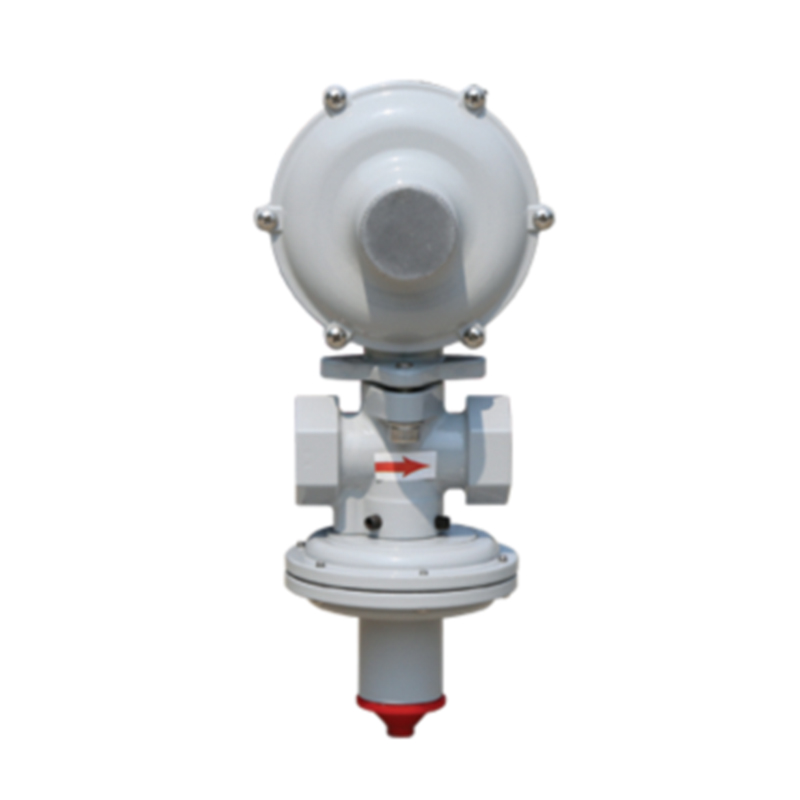
Dec . 01, 2024 09:06
Back to list
Understanding the Functionality and Importance of Shut-Off Valves in Fluid Systems
Understanding Shut-off Valves Essential Components in Fluid Control Systems
Shut-off valves play a crucial role in various industrial, commercial, and residential systems where the control of fluid flow is necessary. These valves are designed to either completely stop or allow the passage of liquid or gas through pipelines. The importance of shut-off valves cannot be overstated, as they are vital in ensuring safety, efficiency, and operational control in different processes.
What is a Shut-off Valve?
A shut-off valve is a type of valve that can regulate the flow of fluid in a system by completely closing or opening the flow path. These valves can be operated manually or automatically and are designed to achieve a tight seal to prevent leaks. Shut-off valves come in various types, including ball valves, gate valves, globe valves, and butterfly valves, each with its specific design features and applications.
Key Types of Shut-off Valves
1. Ball Valves These valves feature a spherical disc with a hole through the center. When the valve is open, the hole aligns with the flow direction, allowing fluid to pass. When closed, the solid section prevents flow. Ball valves are known for their durability and reliability, making them ideal for applications requiring tight sealing and quick shut-off.
2. Gate Valves These valves use a wedge-shaped metal gate to control flow. When the gate is lowered, it blocks the flow completely; when raised, the fluid passes through unrestricted. Gate valves are often used in applications where low resistance to flow is desired and are typically found in on/off service.
3. Globe Valves These valves have a spherical body and are designed for throttling flow, offering more precise control than gate valves. Although globe valves can be used for shut-off applications, they are more suitable for cases where the flow needs to be regulated.
shut-off valve

4. Butterfly Valves These valves consist of a rotating disc that controls the flow. When the disc is parallel to the flow, the valve is open; when turned perpendicular, it’s closed. Butterfly valves are lightweight and compact, making them popular in large piping systems and applications where space is limited.
Applications of Shut-off Valves
Shut-off valves are found in numerous applications across various industries. In residential settings, these valves can be seen in plumbing systems to control water supply to different fixtures, such as sinks, toilets, and appliances. In commercial buildings, shut-off valves regulate heating and cooling systems, ensuring that energy is used efficiently.
In industrial applications, shut-off valves are essential in oil and gas pipelines, chemical manufacturing, food and beverage processing, and wastewater treatment plants. These valves help prevent spills and accidents by allowing operators to quickly isolate sections of a system for maintenance or in emergency situations.
Importance of Proper Installation and Maintenance
The effectiveness of shut-off valves largely depends on their installation and maintenance. Proper installation ensures that the valves function correctly, providing a reliable seal and preventing leaks. Maintenance is equally critical; regular checks help to identify wear and tear or corrosion that might compromise the valve’s integrity. Neglecting these aspects can lead to significant operational issues, including costly repairs, environmental hazards, and safety risks.
Conclusion
In conclusion, shut-off valves are integral components in fluid control systems, providing essential functions across various sectors. Their ability to effectively control the flow of liquids and gases plays a significant role in the safety and efficiency of operations. Understanding the types of shut-off valves available and their specific applications, along with the importance of proper installation and maintenance, is crucial for anyone involved in fluid management systems. By ensuring that these valves are correctly utilized and cared for, operators can enhance system reliability, prevent accidental spills or leaks, and ultimately contribute to a more sustainable and safe working environment. Whether in residential plumbing or large-scale industrial operations, shut-off valves are indispensable assets that ensure the smooth flow of fluids in our everyday lives.
Latest news
-
Safety Valve Spring-Loaded Design Overpressure ProtectionNewsJul.25,2025
-
Precision Voltage Regulator AC5 Accuracy Grade PerformanceNewsJul.25,2025
-
Natural Gas Pressure Regulating Skid Industrial Pipeline ApplicationsNewsJul.25,2025
-
Natural Gas Filter Stainless Steel Mesh Element DesignNewsJul.25,2025
-
Gas Pressure Regulator Valve Direct-Acting Spring-Loaded DesignNewsJul.25,2025
-
Decompression Equipment Multi-Stage Heat Exchange System DesignNewsJul.25,2025

